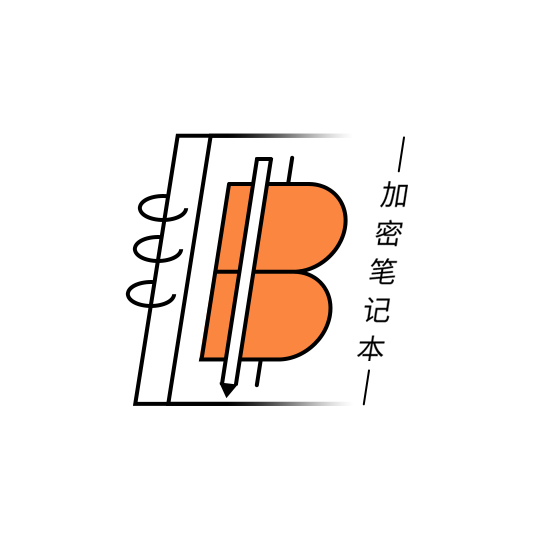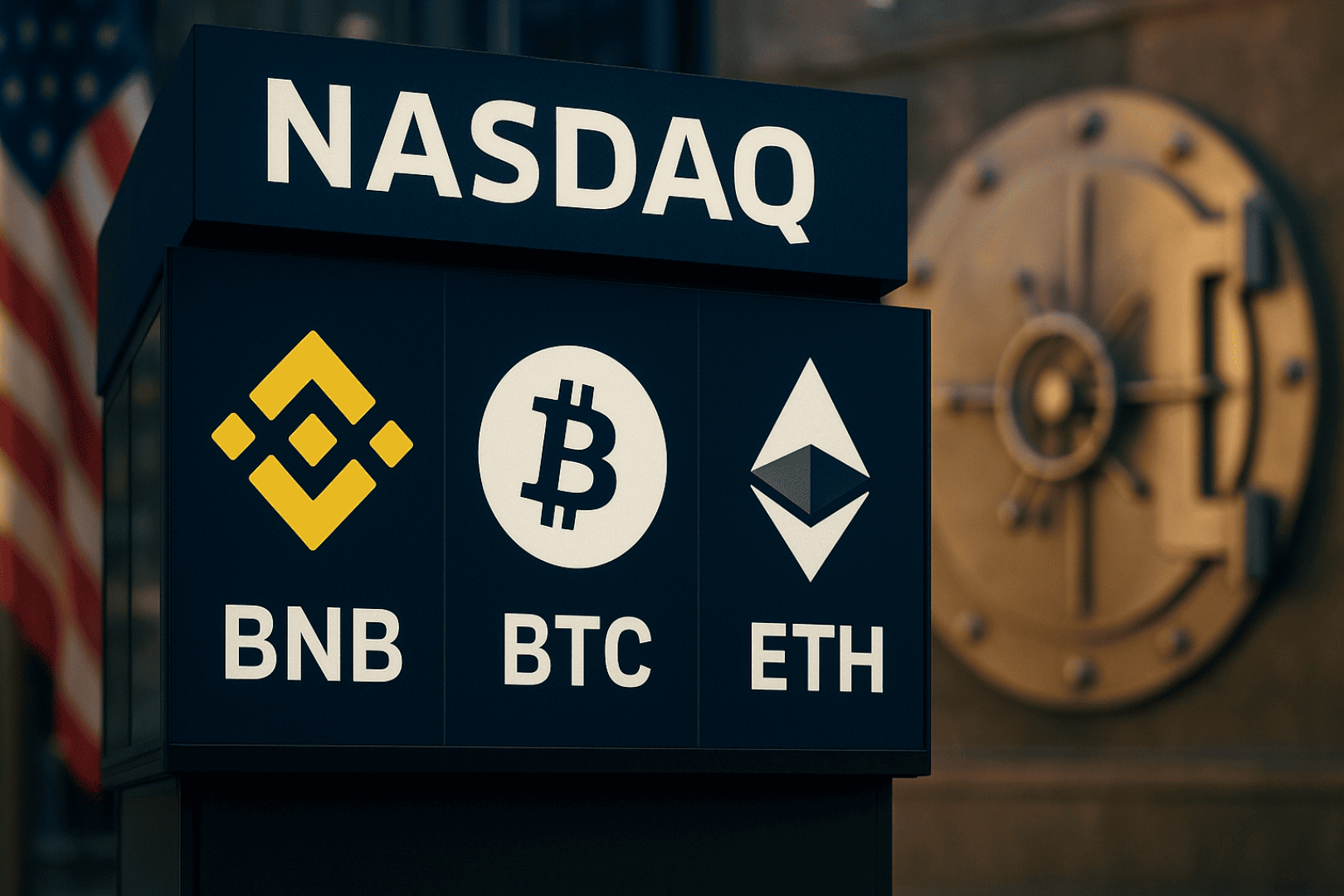The insurance market in DeFi is not only non-negligible, but enormous.
Chainlink has brought credible and decentralized real token prices to the DeFi market, and the total market value of its token LINK is also positively correlated with the total market value of currencies in DeFi. In other words, the oracle market plays an extremely important role in DeFi because it protects many users from property losses caused by arbitrage and manipulation.
However, it is not very comprehensive to protect users only from the aspect of arbitrage, because there are many loopholes in the design of many smart contracts at present. Either the contract is attacked technically, or the price is manipulated economically (such as flash loans). This kind of attack is like winning the same prize as holding YFI, but this is irony.
Therefore, in 2018, when the scale of DeFi was still small, some people began to make efforts in DeFi insurance. So far, insurance has been a very large branch of DeFi. It not only supports individual users to insure, but also supports projects to insure. Because the contract logic of DeFi is too complicated, the vast majority of people cannot have the IQ to design the protocol perfectly, so it is completely okay to think that the contract logic of DeFi "has a certain probability of being attacked". As long as there is a probability of loss, insurance business will inevitably come in. It can be said that the insurance market is as big as the DeFI market.
However, unlike the traditional centralized and strictly regulated insurance industry, DeFi insurance based on smart contracts has a completely different gameplay. We can finally witness: code + economics determine everything.
secondary title
Nexus mutral
The design of Nexus Mutral is quite interesting. Its original intention is to restore the insurance wisdom from Eastern civilization more than 2,000 years ago:
According to legend, in China more than 2,000 years ago, merchants often needed to travel by water to transport goods, but that would easily cause the ship to capsize, and all his goods would be lost. Therefore, people thought of a way, that is, many merchants unite and ship the goods together. If 10 merchants ship the goods together, then each person's ship carries 1/10 of the goods of 10 people. A ship only loses 1/10 of its cargo, which is obviously the best way for everyone.
This is the oldest way of spreading risk through collective power. However, because the number of people that can be connected in this way is too limited (for example, dozens of businessmen who know each other), this insurance model is difficult to scale, which is why the Western centralized insurance system came into being. But now this system has exposed some problems: information asymmetry, high cost of convincing a person to buy insurance, heavy regulatory pressure, insurance policyholders can only get part of insurance claims, high business costs (friction costs), etc.
However, some fans of decentralization have discovered that the idea of decentralization of the blockchain network can actually bring insurance back to the state it was in China 2,000 years ago—that is, break the centralized insurance structure and allow all Insurance participants take risks and earn benefits through stake. Through the design of the economic model, people are encouraged to be more willing to participate in the agreement, eliminating information asymmetry and greatly reducing regulatory pressure. In other words, it is a mutual fund in DeFi.
As its founders put it:
It allows the cooperative ethos to be regained while preserving the benefits of diversification.
The core of the economic model of the Nexus Mutual system is the NXM token, which is not allowed to be listed on exchanges, thus avoiding the risk of price manipulation. A user can be a policyholder or an underwriter (and a risk assesser at the same time).
To put it simply, as shown in the figure below, a person can enter the policy page, select a policy (such as the insurance for SushiSwap), and then set the value to be insured, and how long the agreement will insure you, and then a policy will be produced Quotation, users can use ETH, DAI or NXM to pay for the insurance policy through metamask, so that if he has assets in the Sushi contract, once Sushi leaks and causes your property loss, Nexus Mutual will pay you the most possible compensation quantity.
If you want to be an underwriter, that is, an insurer, you need to first purchase NXM with DAI under the Swap panel, then select a project you want to protect on the Stake interface, such as Sushi, and then pledge a certain amount of NXM. Why do you want to do this? The design of Nexus Mutual's token economic model is: when a user purchases an insurance policy, the insurer corresponding to the insured item will receive a 50% dividend of the policyholder's premium; moreover, the system will use the NXM pledged by the user to automatically calculate a certain Quote for the policy.
In addition, these insurers who pledge NXM also have the right to determine whether an insurance claim is valid (that is, as a risk assesser). For example, if Sushi has been attacked, these people use the pledged NXM to decide whether the victim of the Sushi accident provide compensation. If the ruling results in compensation, the NXM of these pledgers will be forcibly burned, and the corresponding ETH or DAI will be transferred to the victim user.
This brings up a very embarrassing question: since the insurer has the right to decide whether to insure the insurance, if he insures himself, he will suffer losses, can everyone not make the appeal valid? So that you can earn half of the premium amount with peace of mind? In fact, there is another limiting factor in the agreement, that is, if the insurer deliberately gives a wrong award, the NXM pledged by him will also face the risk of being burned; in addition, if everyone refuses to pass the claim, no one will Let’s buy insurance again—because it’s impossible to get a claim if you buy it, and there will be no project to cooperate with it, so all pledgers don’t need to pledge their coins on the system. Therefore, for the sake of long-term consideration, people will still make honest rulings and settle claims reasonably.
From here, we will find a major difference between DeFi insurance and traditional insurance:
The claims of traditional insurance all come from the premiums of all policyholders, and the insurer does not need to pay the fee; while DeFi insurance generally relies on the staking of the insurer to provide claims for policyholders.
Although Nexus Mutual spreads the risk to more people from the perspective of pledge - as long as you pledge NXM, it does not have the characteristics of a completely decentralized project in many ways. First of all, whether it is insurance, underwriting, or participation in governance with NXM, KYC needs to be carried out first, so that users cannot participate anonymously. In addition, it first found a lot of experts and bigwigs in the insurance field and let them become the underwriting stakers. This is to prevent someone from maliciously giving wrong ruling results, and the current practice makes these people have no motivation to destroy their own. person set. Another point is that Nexus Mutual does not have a reinsurance mechanism—that is, a mechanism for the Nexus Mutual agreement’s own insurance, and Nexus Mutual has been attacked by hackers (370,000 NXM were lost at one time), and it will not be okay. Another Decentralized insurance Cover provides protection for Nexus Mutual.
So far, Nexus Mutual can support the protection of DeFi smart contracts from attacks, and will support the protection of other traditional insurance types in the future: for example, the project claims that it will try to realize the business of earthquake insurance in the future. Of course, not all losses caused by smart contracts will be compensated. For example, Maker automatically liquidated the mortgage tokens of many people for a period of time. In this case, it will not be compensated, because this is part of the Maker protocol mechanism-no Maker, the liquidation mechanism, will have major problems. Only when the contract is hacked will it be compensated, such as Harvest being flash loaned.
This article only represents the personal views of encrypted notebooks and does not constitute any investment opinions or suggestions.



